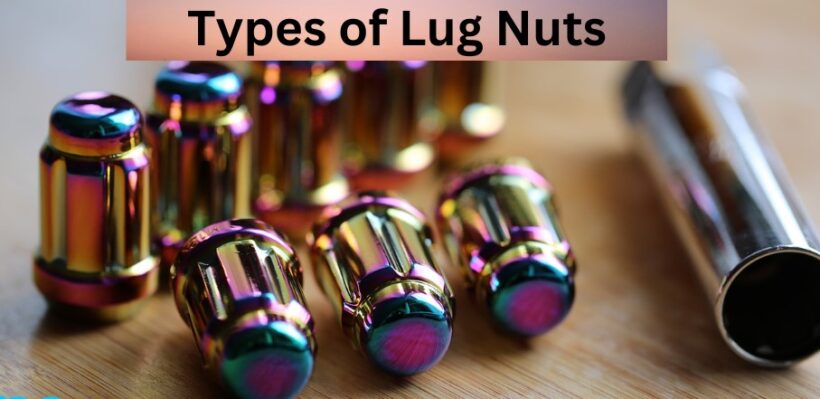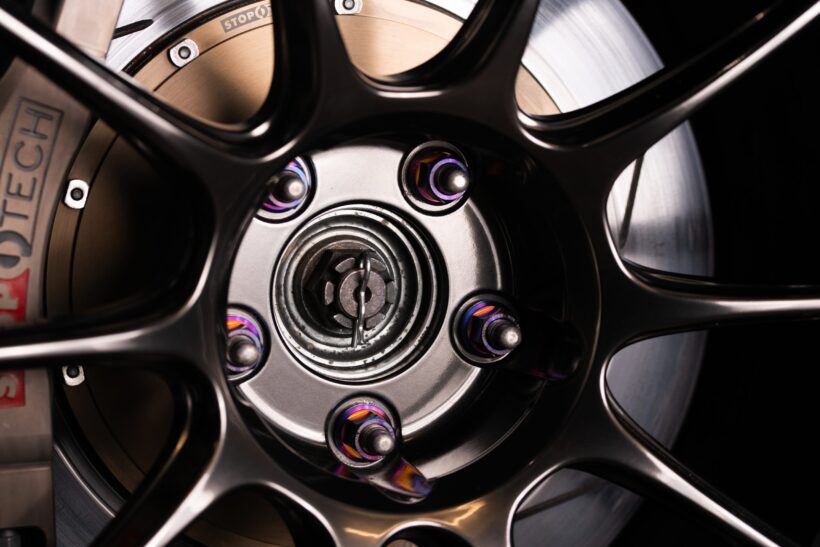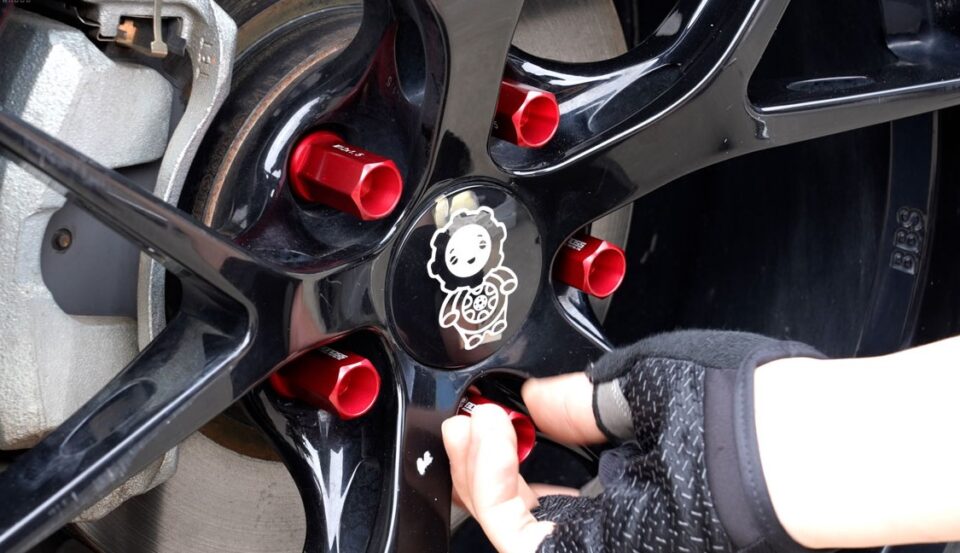Imagine cruising down the Great Ocean Road, taking in the breathtaking views, when suddenly you feel an unusual vibration. Lug nuts—small but essential—are all that stand between you and potential disaster. A single oversight in their selection can lead to wheel misalignment or failure, posing serious risks to your safety. Quality lug nuts are not just a convenience—they’re a necessity for every responsible driver.
That’s why investing in high quality lug nuts is important. These components keep your wheels secured, ensuring smooth performance and safety. Whether you’re upgrading or replacing lugs, understanding the types available is key to making the right choice for your vehicle.
Key Points
- Lug nuts connect wheels to vehicles, ensuring safety and stability.
- Conical seat lugs are the most common for passenger vehicles.
- Spline drive provide added security for performance cars.
- Ball seat ones are essential for many European cars.
- Locking lugs offer theft protection with specialized keys.
- Material, thread size, and seat type are critical factors when choosing lugs.
- High-quality lug nuts resist wear and prevent wheel imbalance.
The Basics of Lug Nuts
Lug nuts and wheel nuts connect your wheels to the vehicle, ensuring they stay firmly in place. Though small, their function is critical for safety and handling. Without them, even minor vibrations could escalate into significant problems. The type of lug you choose affects not only the security of your wheels but also the performance of your car, especially in challenging conditions.
Common Types of Lug Nuts

Several types are commonly used, each designed for specific vehicles and driving conditions. Here are the most widely used options:
Conical Seat Lug Nuts
These are the most popular type, featuring a tapered end that fits snugly into the wheel. Their design ensures proper alignment and a secure connection, essential for vehicles requiring precise wheel placement. Conical seat lugs are common on passenger vehicles and come in various thread sizes.
Spline Drive
Spline drive lug nuts have narrow ridges (splines) around the exterior. These help apply more torque, reducing slippage and enhancing security. Often used in custom or performance vehicles, they require a special key for installation and removal, adding an extra layer of safety.
Ball Seat
Ball seat lug nuts are typical on European cars like Volkswagen and Audi. Their rounded seat ensures even pressure distribution, reducing the risk of wheel damage. Using the wrong seat type on a wheel designed for ball seat lug nuts can lead to improper fitment and compromised stability.
Speciality Lugs
In addition to standard types, speciality lugs cater to specific needs. Locking lugs are popular for theft prevention, featuring unique patterns that require a specialised key for removal.
For off-road vehicles, high quality ones made from hardened steel or forged materials offer extra durability. These are essential for rough conditions where ordinary lugs might fail.
Common Issues
Drivers often face challenges with lug nuts due to incorrect installation, wear, or corrosion. Common problems include:
- Cross-threading: When lugs are not aligned properly, the threads can strip, making them unusable.
- Over-tightening: Using excessive force can damage both the lug nut and the wheel stud.
- Corrosion: Rust weakens them over time, reducing their effectiveness.
Proper maintenance and using anti-seize products can mitigate many of these issues.
Tips for Installing Lug Nuts Correctly
Installing them properly ensures safety and prolongs their lifespan. Follow these tips for secure installation:
- Clean the wheel studs thoroughly before attaching lugs.
- Use a torque wrench to tighten the nuts to the manufacturer’s recommended specifications.
- Tighten them in a star pattern to ensure even pressure distribution.
- Avoid using power tools for final tightening to prevent over-tightening.
Factors to Consider When Choosing Lug Nuts
When buying lugs, several factors should guide your decision:
- Material and Durability: Most of them are made from steel, but higher-end options use titanium or aluminium. Steel is durable for most vehicles, while titanium is a lighter alternative that retains strength, making it ideal for performance cars. Aluminum ones, while lightweight, are best suited for racing applications and should not be used in heavy-duty vehicles.
- Thread Size and Pitch: Ensure the lugs match the thread size and pitch of your vehicle’s wheel studs. Mismatched threads can lead to improper seating, risking wheel loosening.
- Seat Type: The seat type must match your wheels. Using a conical seat nut on a ball seat wheel can lead to unsafe driving conditions and damage the wheel hub.
Table: Comparison of Lug Nut Materials
| Material | Advantages | Disadvantages |
| Steel | Durable and widely available | Heavier than alternatives |
| Titanium | Lightweight and corrosion-resistant | Higher cost |
| Aluminum | Lightweight and ideal for racing | Less durable for daily use |
Why Quality Matters
Choosing high quality lugs isn’t just about securing your wheels—it’s about enhancing safety. Low-quality or improperly fitted lug nuts can cause imbalance, premature wear, or even wheel loss. High-quality lug nuts are resistant to corrosion and wear, ensuring they last longer and keep your wheels securely fastened, boosting both safety and cost-effectiveness.
Maintaining Lug Nuts for Longevity
To maximize the lifespan of your lug nuts, consider the following maintenance practices:
- Inspect lug nuts regularly for signs of rust or wear.
- Re-torque lug nuts after significant temperature changes, such as during winter.
- Use anti-corrosion sprays to protect against environmental damage.
- Store spare lug nuts in a dry, secure location to prevent rusting.
Final Thoughts

Whether you drive a city commuter or an off-road vehicle, choosing the right lug nuts is essential for safety and performance. From basic conical seat lug nuts to spline drive or locking options, there’s a lug nut for every need. Prioritise durability, fit, and quality to ensure your wheels stay secure and your vehicle runs smoothly, no matter where the road—or trail—takes you.
Neglecting this small component can lead to costly repairs and safety risks. Choose wisely, and you’ll drive with confidence. Always remember, a small investment in quality lug nuts can save lives.

